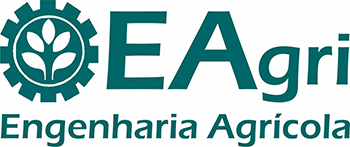The aim of this study was to evaluate the possible impacts caused in the soil and in the percolate in lysimeters of drainage with application of different rates of swine wastewater (SW) during the cycle of soybean culture and to assess the productivity of it. The experiment was conducted at the Agricultural Engineering Experimental Center of UNIOESTE. The soil was classified as typical Distroferric Red Latosol. There were twenty-four drainage lysimeters in the area in which the soybean was cultivated, cultivar CD 214. Four SW depths (0; 100; 200 and 300 m³ ha-1) were applied to the soil seven days before the sowing in a single application combined with two mineral fertilizations in the sowing (with and without recommended fertilization during sowing), and three repetitions per treatment. It was realized three collections of percolate in each experimental portion, the first was conducted 40 days after sowing (DAS); the second at 72 DAS, and the third at the end of crop cycle (117 DAS). It was evaluated in the percolate the pH, calcium, magnesium, potassium, phosphorus, and total nitrogen. Based on the results, it was possible to observe that the level of K, P and N in the soil increased according tothe increase of SW rates. The levels of K and P in the percolate were higher for higher rates of SW. The productivity was not influenced by the application of SW or by fertilization.
lysimeters, effluent; soil pollution






